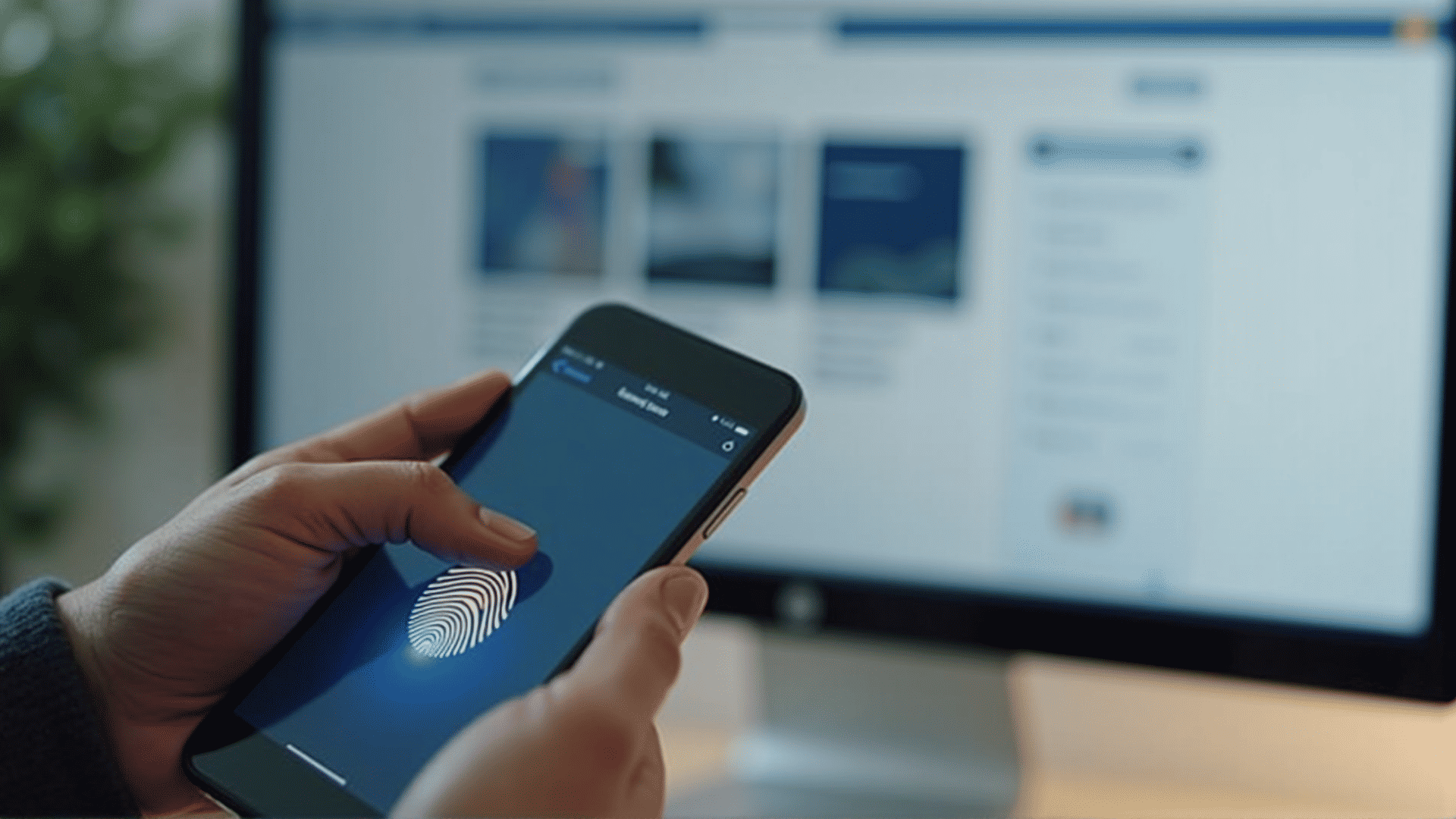In today's digital world, where transactions and personal interactions often take place online, safeguarding your personal data has never been more critical. With cyber threats becoming increasingly sophisticated, it's essential to stay vigilant and implement effective strategies to ensure your online activities remain secure.
One of the simplest yet most effective measures is to be cautious with your login details. Ensure your passwords are strong, using a mix of uppercase and lowercase letters, numbers, and symbols. Avoid using easily guessed information such as birthdays or simple sequences. It's also advisable to change your passwords regularly and use unique passwords for different accounts.
Two-factor authentication (2FA) is another layer of protection. By requiring not just your password but also a secondary form of verification, such as a code sent to your mobile device, 2FA significantly reduces the risk of unauthorized access.
Be mindful of phishing attempts. These often appear as legitimate emails or messages designed to trick you into providing confidential information. Always verify the source before clicking on links or downloading attachments. If unsure, directly contact the organization to confirm the communication’s authenticity.
Secure networks are vital for protecting your data. Avoid accessing sensitive accounts on public Wi-Fi networks, as these are often less secure. If necessary, consider using a Virtual Private Network (VPN) to encrypt your connection, enhancing your privacy and security.
Regularly monitoring your online accounts can help you quickly detect any unusual activity. Set up alerts to notify you of any significant changes or transactions, allowing you to take prompt action if needed.
Keep your electronic devices and applications updated. Manufacturers frequently release updates that include security enhancements, patching vulnerabilities that cybercriminals might exploit. Ensuring your devices have the latest security updates is a straightforward step to bolster your protection.
Lastly, educate yourself about potential threats and stay informed about the latest security practices. Knowing what to look out for and how to respond can empower you to mitigate risks effectively.
By integrating these strategies into your online habits, you can better guard your personal information and enjoy greater peace of mind while navigating the digital landscape.
